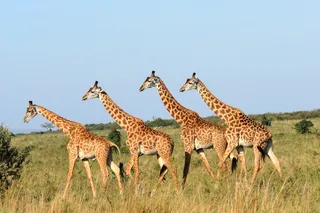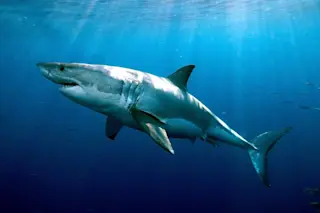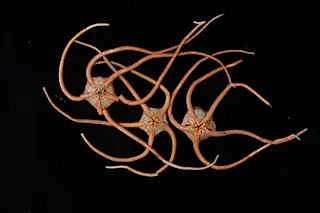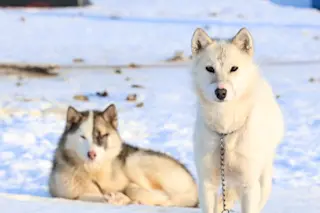By examining half a million tiny differences in the genomes of Europeans, researchers can determine with surprising accuracy where on the continent each person comes from, easily distinguishing the Irish from the English, for example. Two new studies
reveal that our DNA contains a sort of global positioning system, which researchers can use to pinpoint where in the world both we and our relatives came from [ScienceNOW Daily News].
The findings surprised geneticists by showing that despite centuries of immigration and intermarriage throughout Europe,
genetic differences between Europeans are almost entirely related to where they were born. This, however, does not mean that the citizens of each European nation represent miniature races. "The genetic diversity in Europe is very low. There isn't really much," says Manfred Kayser [New Scientist],
author of one of the studies. To conduct the study, the two teams of researchers each analyzed hundreds of thousands of ...













